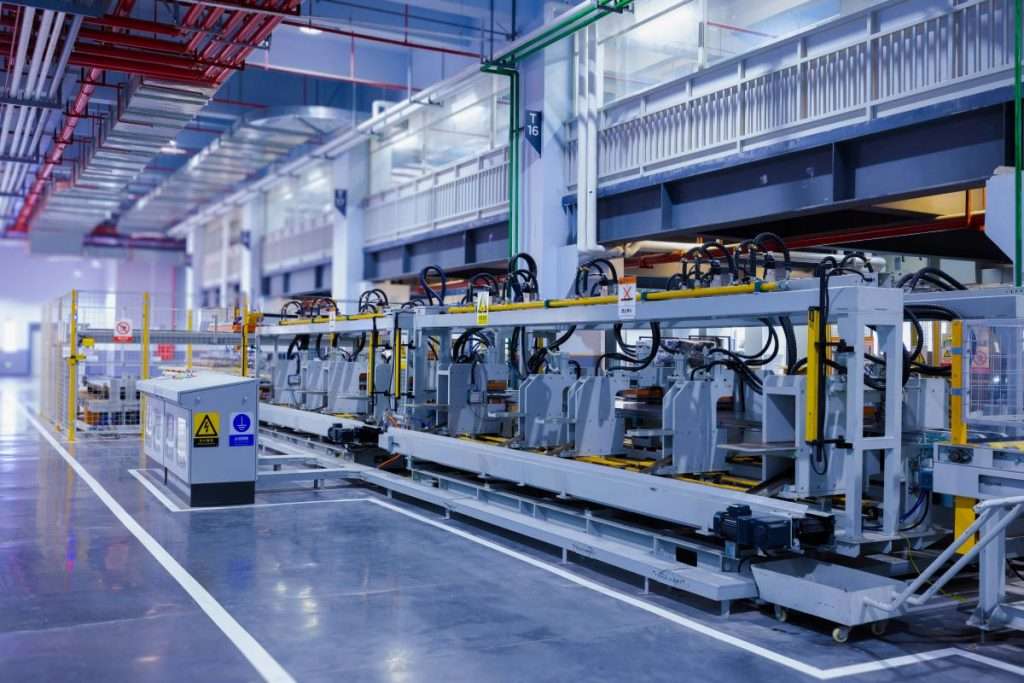The manufacturing industry grapples with a multitude of challenges including the upcoming presidential election, an East Coast port strike, and the aftermath of Hurricane Helene, leading to a stagnant Purchasing Managers’ Index (PMI) and a surge in layoffs.
The manufacturing industry continues to experience a slump in demand as customers delay new orders in the lead-up to the presidential election. The Institute for Supply Management’s September PMI remained unchanged at 47.2%, a figure largely influenced by a dearth of new orders and an increase in layoffs. A PMI index reading below 50.0% indicates economic contraction.
Manufacturers are striving to adjust production to counteract the impact of reduced demand, with the new orders index still in contraction at 46.1%. These efforts have led to some operational improvements, with ISM’s production index rising five percentage points from August to 49.8%.
Layoffs Surge Amid Operational Adjustments
However, these operational adjustments have led to a surge in layoffs. The employment index fell 2.1 percentage points from the previous month, dropping to 43.9%. Timothy Fiore, chair of the ISM’s Manufacturing Business Survey Committee, views this as a necessary “cleanup activity” to better align with future forecasts.
Long-term Optimism Amid Economic Decline
Despite the industry’s economic decline, manufacturers are showing increased long-term optimism following the Federal Reserve’s interest rate cut last month. The cut is expected to lower borrowing costs, although the full impact is unlikely to be felt until next year.
Challenges Ahead for the Manufacturing Sector
The upcoming weeks pose significant challenges for manufacturers, with the presidential election causing uncertainty in the industry. Companies are hesitant to place orders or increase capital expenses until the next administration’s policies are clear.
In addition, the aftermath of Hurricane Helene continues to impact factory operations in the Southeast, affecting plastics, steel, and medical device manufacturing. Strikes at East Coast and Gulf Coast ports are causing further disruptions, delaying supply deliveries and shipments to customers. If these strikes are not resolved soon, manufacturers may be forced to lay off or furlough workers. Manufacturers are also facing the challenge of labor shortages in the supply chain and logistics sector. The global supply chain is also under strain due to political tensions.







